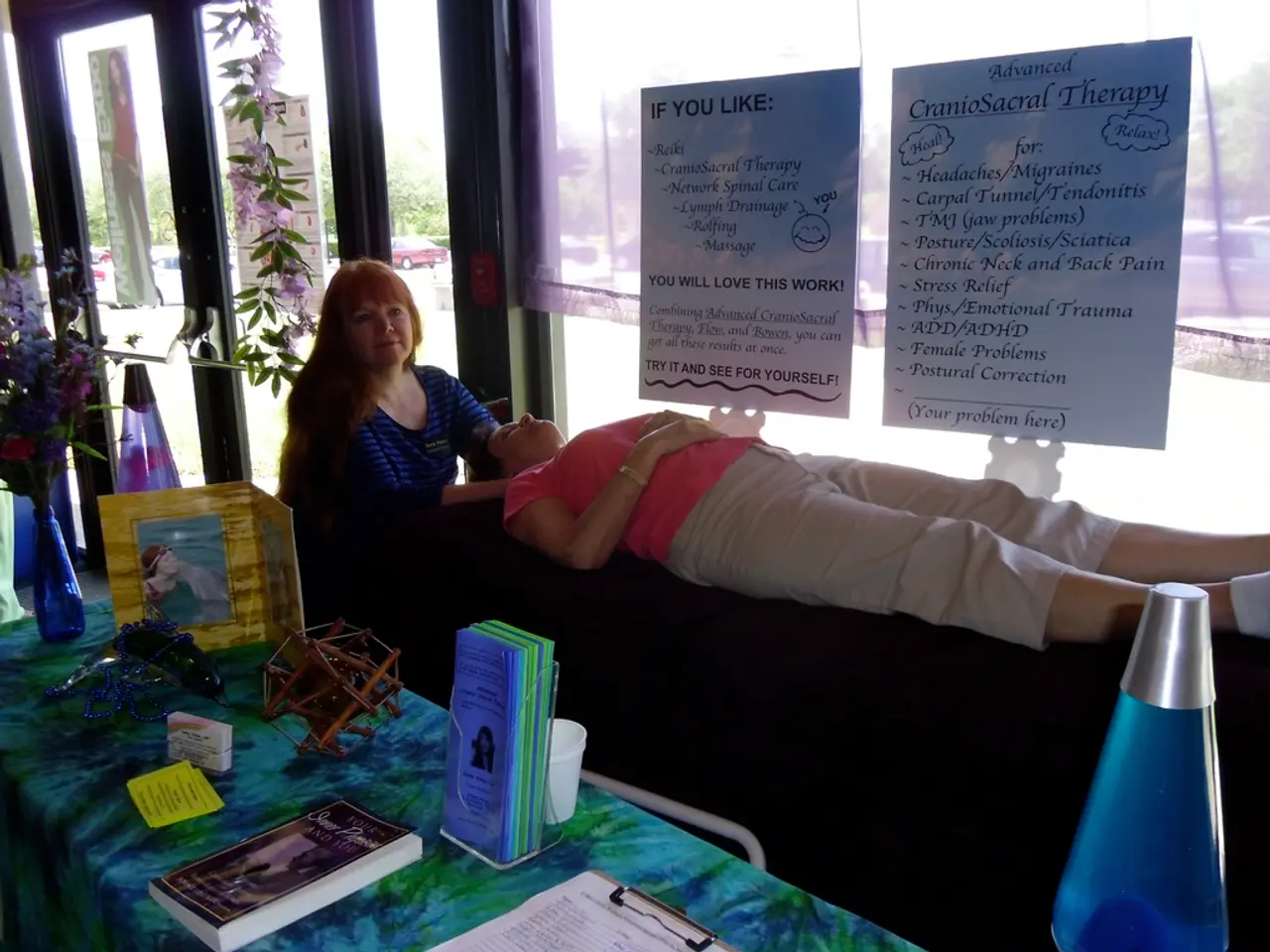Can Empaths Experience a Diminishment of Their Empathic Abilities?
In a world where sensitivity can sometimes feel like a double-edged sword, highly sensitive people (HSPs) and empaths can learn to regain their emotional depth and insight. This process involves healing the nervous system, reconnecting with emotional and bodily experiences, and cultivating self-awareness and resilience.
### Regaining Sensitivity
1. **Nervous System Regulation** Sensitivity can be overwhelming when the nervous system is dysregulated. Healing involves gently retraining the nervous system to feel safe and regulated. Techniques like somatic therapy help explore and release stored emotions and physical tension, shifting from survival mode to grounded presence and emotional balance.
2. **Name and Reframe the Experience** Healing begins with naming the causes of emotional numbness, such as shame or trauma. Reframing sensitivity as a strength and superpower, not a flaw or weakness, is essential to reclaiming it.
3. **Embodied and Somatic Healing** Since emotions are stored in the body, engaging in embodied practices such as breathwork, yoga, tai chi, or time in nature enables safe emotional exploration and release without judgment.
4. **Safe, Supportive Relationships** Building or joining communities that validate and honour emotional experiences is critical. Connection with empathetic others fosters emotional safety and resilience, encouraging openness rather than numbness.
### Strategies for Self-Growth and Avoiding Unnecessary Pain
1. **Practice Self-Care and Downtime** HSPs benefit from adequate rest and alone time to process stimuli and recharge. Recommendations include 8-10 hours of sleep, 2 hours of daily unstructured alone time, one full day off per week, and seasonal breaks.
2. **Develop Emotional Vocabulary and Awareness** Expanding one’s ability to recognize, name, and express emotions strengthens emotional intelligence and helps prevent overwhelm.
3. **Set Boundaries** Learning to identify and communicate emotional needs protects against draining or invalidating interactions. Boundaries create space for nurturing relationships and reduce unnecessary emotional pain.
4. **Engage in Trauma-Informed Therapy** Modalities such as somatic experiencing, EMDR, inner child work, or attachment-based therapy facilitate healing of old wounds and reduce emotional reactivity.
5. **Engage in Calming Activities** Practices like meditation, yoga, and nature immersion help manage stress and maintain nervous system balance, supporting ongoing sensitivity without overwhelm.
By integrating these approaches, highly sensitive people can regain their depth of feeling and insight while cultivating resilience and reducing susceptibility to pain. Sensitivity then becomes an empowering trait that enriches their connection to self and others, rather than a source of suffering.
It is important to remember that it is not necessary to be a disciplinarian to live a healthy and comfortable life. It is your right to be happy, and learning to exercise this right is crucial. Lack of a role model or guidance can result in a life that is in disarray and disharmonious for empaths. Empaths, prone to dysfunctional habits, should establish rules and boundaries to avoid unnecessary pain. Setting boundaries will help empaths limit their exposure to people, places, and situations that cause discomfort.
- The practice of somatic healing, such as breathwork and yoga, can help highly sensitive people (HSPs) and empaths safely explore and release emotions stored in their bodies, providing an avenue for emotional balance and improved mental health.
- Understanding and redefining sensitivity as a core strength and asset can be instrumental in regaining emotional depth and insight for HSPs and empaths, promoting a shift from feelings of shame or weakness towards self-empowerment and resilience.
- Engaging in science-based health-and-wellness practices like somatic therapy and trauma-informed therapy can support HSPs and empaths in managing and healing emotional wounds, facilitating reduced emotional reactivity and increased emotional resilience.




